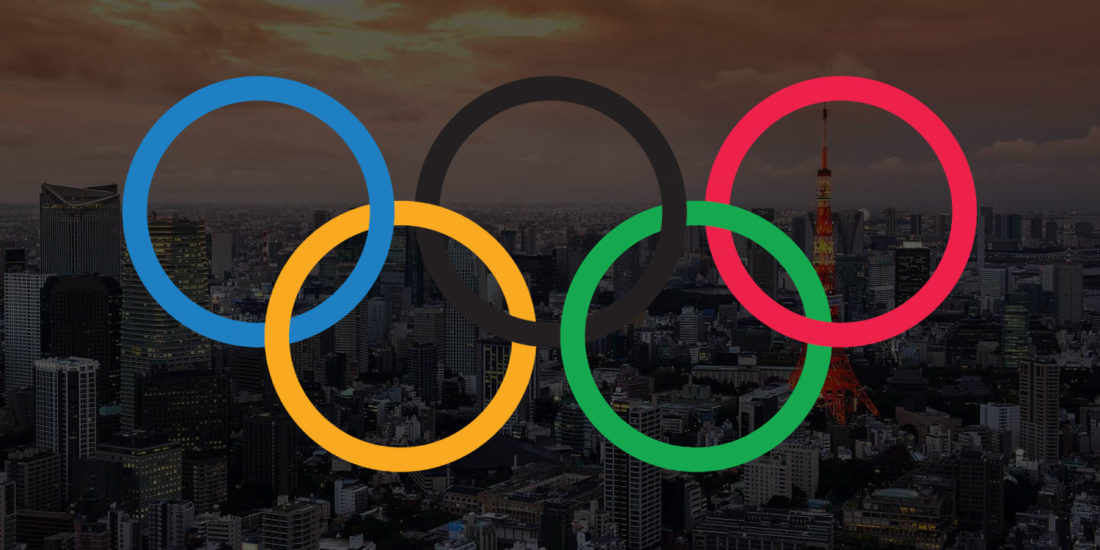The Olympic Games held in Tokyo in 1964 heralded the arrival of Japan on the world stage in the midst of rebuilding and regeneration following the Second World War. From global pariah, it was symbolically embraced into the family of nations. A few generations later the Olympic and Paralympic Games were once again awarded to Japan and were set to take place in 2020. The handover from Rio de Janeiro to Tokyo during the 2016 Games by Prime Minister Shinzo Abe, as he was dressed as Super Mario, gave us a glimpse of the effort that Japan would put into organizing the Tokyo 2020 Games. Soon after, the Olympic clock outside Tokyo Station began counting down the days to the opening ceremony. However, Tokyo 2020 was not to be, at least not in 2020, and due to the fallout from the global pandemic and chronic mismanagement by the central government, the games were postponed and are now planned to be held in the face of widespread apathy and opposition. As we count down to Tokyo 2020, a year late, and without any foreign spectators, we ask ourselves: what is the point?
In this conversation, Anoma van der Veere, a researcher on Japan's Olympics and Paralympics and health policy will discuss the history of the Games in the country and of these games in particular, and his perspective on why the prospect of holding the Olympics has sometimes seemed like the most pressing item on the Japanese government's agenda.
Read presenter's biography
